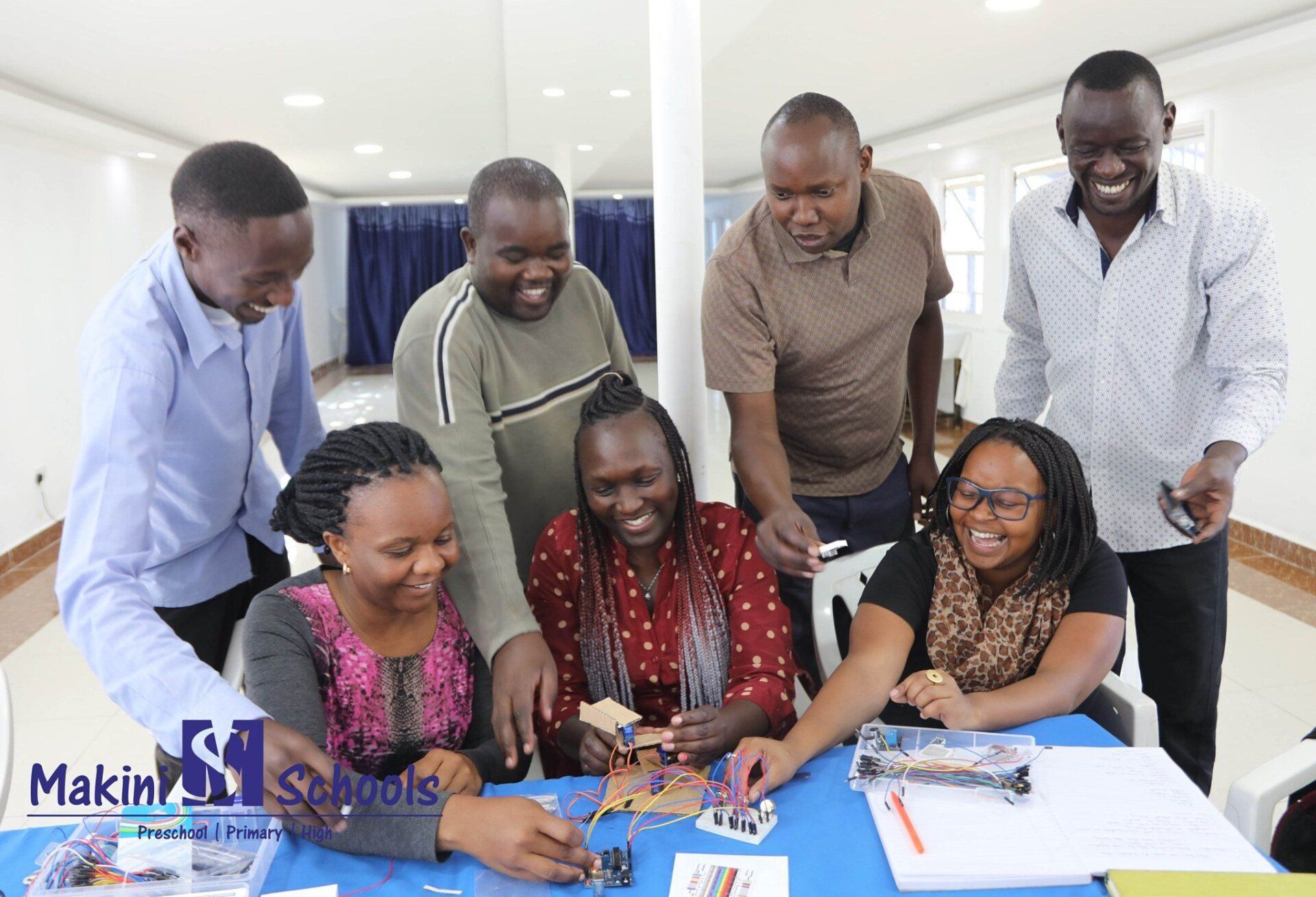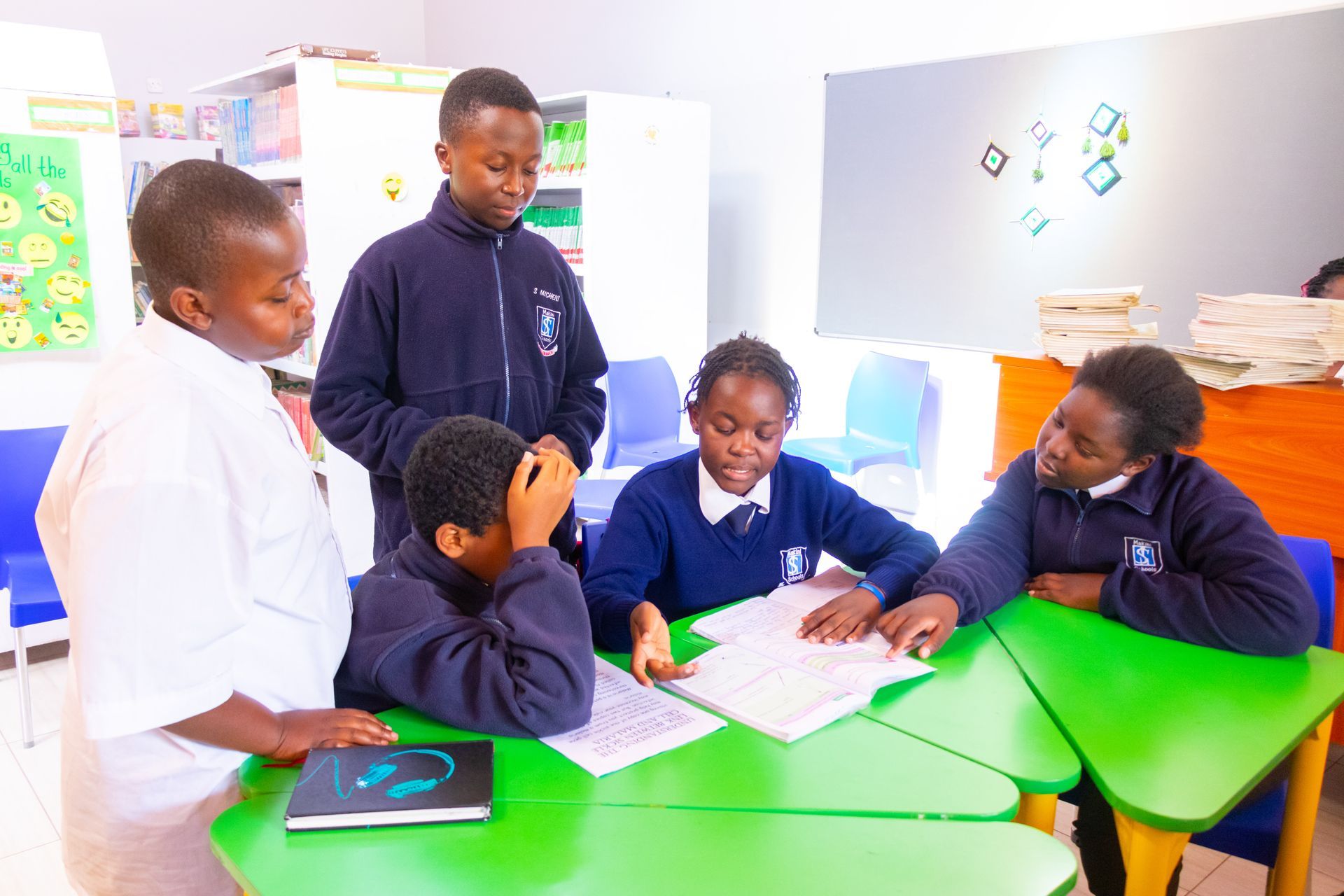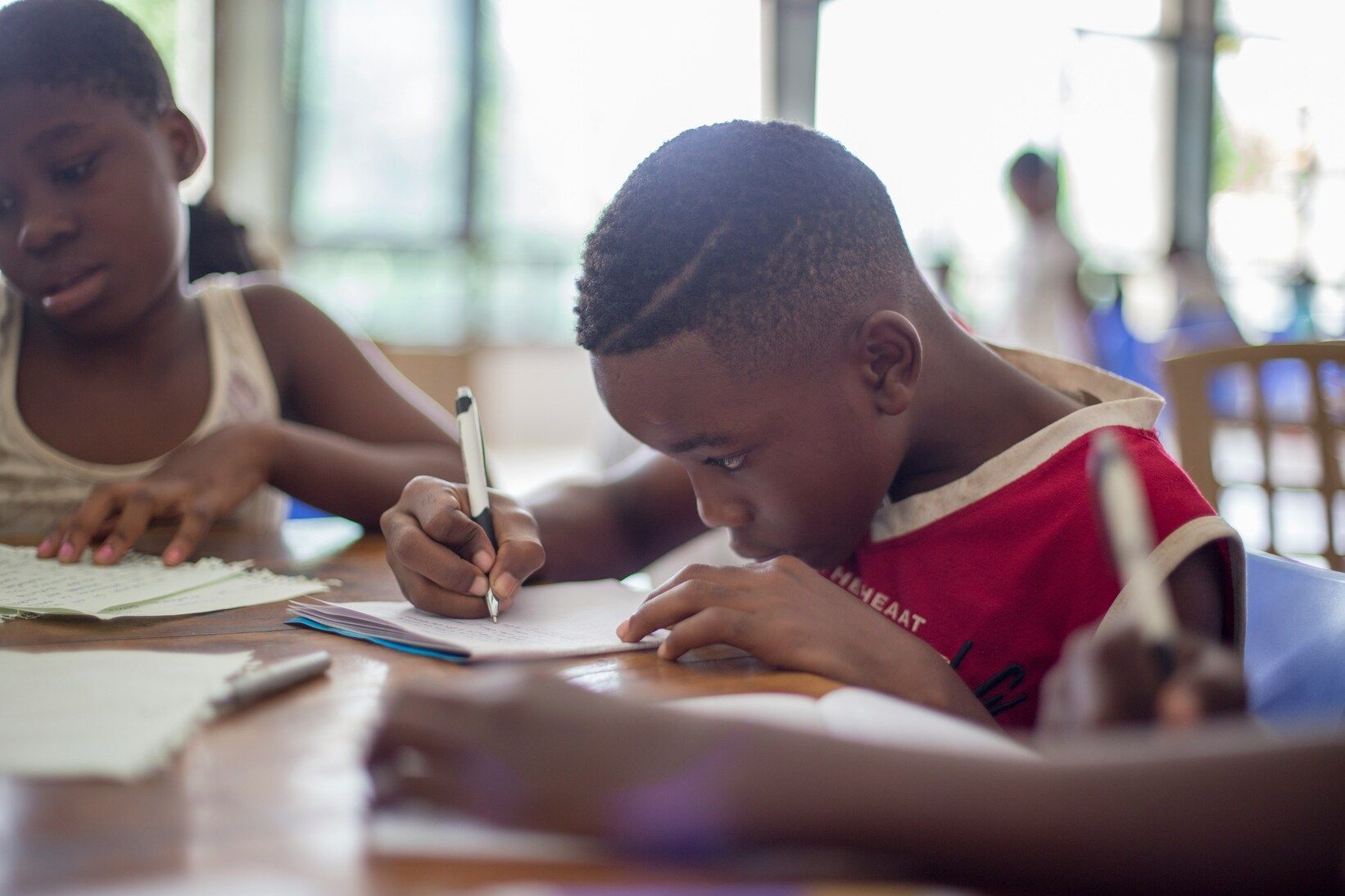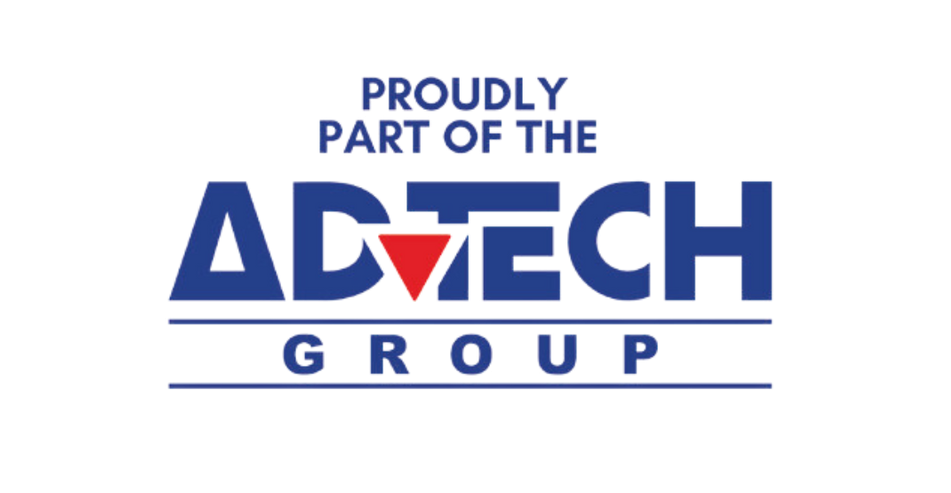Getting Ready for Pre-School: Essential Tips and Strategies for Parents
Understanding the importance of preschool preparation
Sending your little one off to preschool is a significant milestone for both parent and child. It marks the beginning of a new chapter filled with growth and independence. However, preparing your little one for this transition can be daunting. But, do not worry. With the right tips and strategies, you can ensure a smooth and successful start to their preschool journey.
Emotional Readiness: building confidence and independence
One of the key aspects of preparing your child for preschool is emotional readiness. Building their confidence and independence lays a strong foundation for their journey ahead. Makini School believes you can start by encouraging your child to engage in activities that promote independence. Example: your little one can start dressing themselves or tidying up their toys. When you praise their efforts and celebrate those small achievements, it will eventually boost their self-esteem. You can also reassure them that they are capable of handling new challenges.
Parents are also urged to encourage their child to express their feelings openly and teach them coping mechanisms for managing emotions such as frustration. This will help you bundle of joy to navigate the ups and downs of the preschool experience with resilience.
Social Skills for preschoolers
Social skills play a vital role in your child's preschool experience. Teaching them how to interact with others and share with their peers sets them up for positive relationships in the classroom. You can organise playdates or join parent-child groups to provide opportunities for socialisation. Nudge them to practice taking turns and sharing toys to instil essential social etiquettes. Additionally, encourage empathy and kindness by discussing emotions and how to express them appropriately.
One of the most effective ways to teach your child how to navigate social situations is through role-playing scenarios. Use dolls or stuffed animals to act out scenarios like sharing toys or taking turns on the playground. This hands-on approach allows them to practice social skills in a safe and supportive environment.
Choosing the right preschool in Kenya
Selecting the right preschool for your child is crucial for their overall development and well-being. Consider factors such as location, curriculum, teacher-to-student ratio and safety measures. Research different pre-schools in Kenya and schedule visits to get a feel for the environment. Speak with teachers and staff to ensure their values align with yours and that they prioritise your child's individual needs. Makini School, for instance, offer a comprehensive curriculum along with a nurturing environment conducive to learning and growth.
When visiting potential pre-schools, pay attention to the atmosphere and interactions between teachers and students. Look for a warm and welcoming environment where your child feels comfortable and supported. Don't hesitate to ask questions about the curriculum, daily routines, and policies to ensure the preschool is the right fit for your family.
Daily routine adjustments for preschool transition
Transitioning to a preschool routine can be slightly challenging for both parents and child. What parents can do is to ease this process by gradually adjusting your daily routine to mirror that of the pre-school schedule. Set consistent wake-up and bedtime routines to ensure your child gets enough rest. Practice activities such as story time or structured play to familiarise them with the structure of a typical pre-school day. This will help alleviate anxiety and make the transition smoother for everyone involved.
Create a visual schedule that outlines the daily routine and activities to help your child understand what to expect. Involve them in the planning process by allowing them to choose their clothes for the day or pack their backpack with essentials. This sense of ownership will empower them and ease their transition into the pre-school routine.
Communicating with your child about preschool
Open communication is essential in preparing your child for pre-school. Take the time to discuss what to expect and address any fears or concerns they may have. Listen attentively to their thoughts and feelings, and provide reassurance and support. Create a positive narrative surrounding preschool by highlighting the exciting opportunities for learning and making new friends.
Encourage them to ask questions and express themselves freely, fostering a sense of confidence and trust. Read books about starting pre-school together and talk about the characters' experiences. This can help normalise the transition and provide your child with a sense of reassurance that they are not alone in their feelings. Role-play going to preschool and practicing saying goodbye to help them feel more prepared for the first day.
Activities to enhance preschool readiness
Engaging in activities that promote pre-school readiness can significantly benefit your child's development. Encourage sensory play with activities such as finger painting or playing with playdough to enhance fine motor skills. Practice basic counting and letter recognition through games and puzzles to introduce early math and literacy concepts. Additionally, encourage outdoor play to promote physical development and exploration.
When you involve your child in everyday tasks such as grocery shopping or cooking, it can teach them practical life skills. This not only prepares them for pre-school but also fosters independence and self-confidence. Create opportunities for your child to problem-solve and make decisions independently. Essentially, you want to empower them to take ownership of their learning and development.
By following these essential tips and strategies, you can effectively prepare your child for preschool and set them up for a successful and fulfilling educational journey. Remember to prioritise emotional and social readiness when choosing the right preschool in Kenya for your little one. With your support and guidance, they will thrive and flourish in their new pre-school environment.













